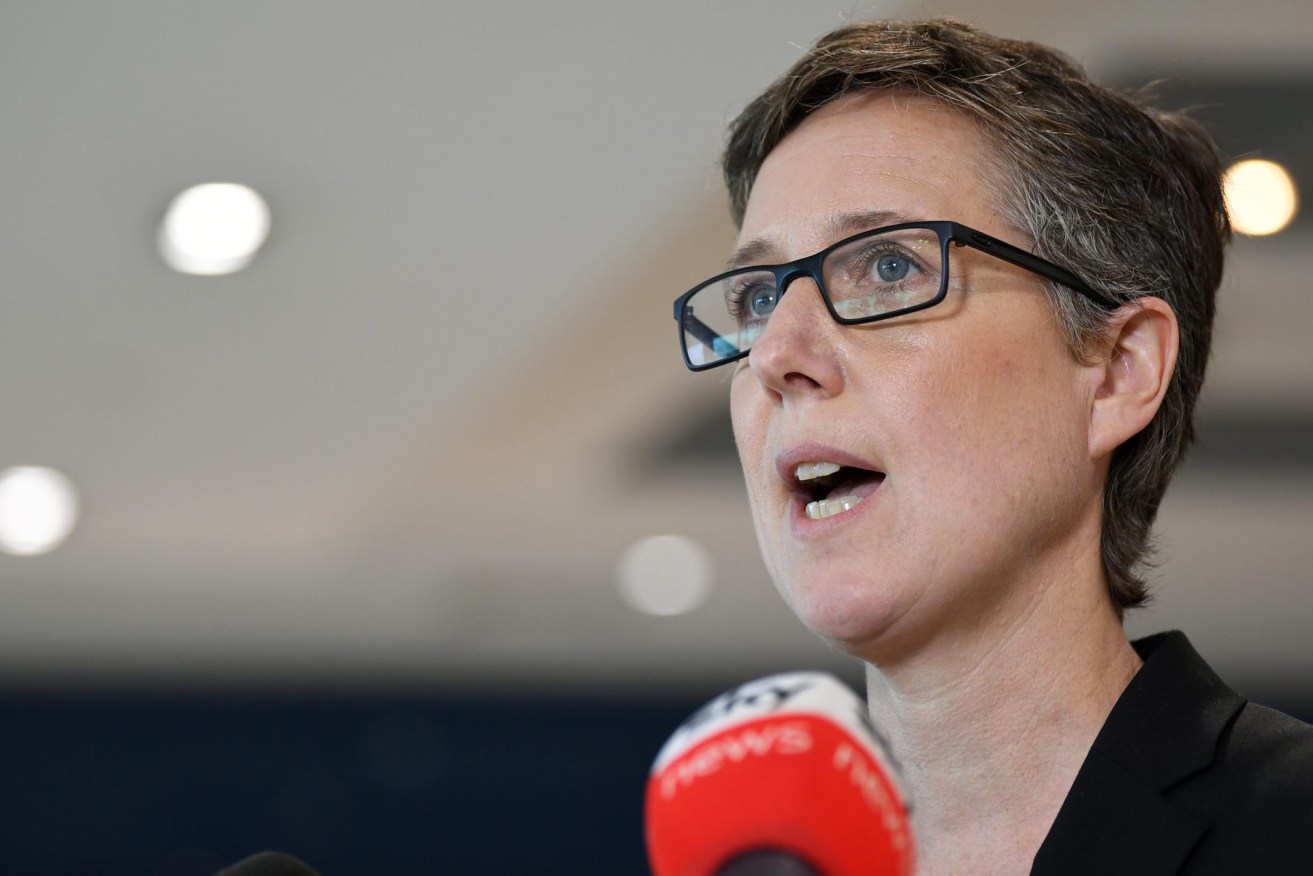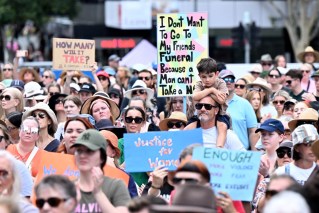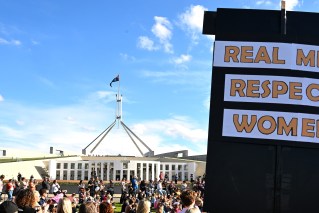Tipping point for casual workers: Secure jobs ‘our national ambition’
Unions say the number of workers in casual work and employed through labour hire companies had finally hit a tipping point, with the coronavirus pandemic revealing faultlines that exposed casual and gig-economy workers as “second class workers with second class rights.”


Secretary of the ACTU Sally McManus say (Photo: AAP Image/Joel Carrett)
Australian Council of Trade Unions secretary Sally McManus said the number of workers in insecure work such as casual jobs and employment through labour hire companies needed to be reduced as “a national ambition.”
Speaking at a Griffith University and Gold Coast Home of the Arts conversation series, McManus told interviewer Kerry O’Brien that the devastating impacts of COVID-19 could trigger workplace changes from COVID hotspot states such as Victoria, where employment figures were being smashed, to states like Queensland that had effectively managed the crisis with border closures and low infection rates.
Those changes included winding back the number of people in insecure jobs that meant no guarantee of work and no sick pay or paid annual leave.
“The pandemic came along and there’s been two brutal realities faced by everyone in insecure work,” McManus said.
“The first one was people were let go because, of course, you don’t have any job security if you’re a casual worker. Secondly, because they don’t have the same set of rights as everyone else, such as basic rights like sick leave, people were going to work sick.
“Those two things together – the mass experience of losing your job overnight and secondly having to survive in a pandemic with no leave entitlements – has exposed not just for those people in insecure work, but for the whole of Australia, just how wrong it is that we’ve let it get to a situation where one in three workers are in that situation.”
McManus said so many workers were stuck in insecure work, including casual and gig-economy workers, that many workers considered it “normal.”
“There’s many people, especially younger people, who know nothing else but to have casual jobs, they don’t know what it’s like even to have paid annual leave,” McManus said.
“We’re not saying get rid of casual work. We’re just saying its gone too far and a whole lot of jobs that are actually permanent jobs have just been converted into so-called casual jobs.
“It’s gone wrong and we’ve got two classes of workers with two sets of rights.”
McManus said the pandemic showed Australian industry and workplaces needed “serious surgery” to create jobs and increase wages to bolster domestic spending.
She said COVID-19 was the opportunity to make changes, but agreed talks aimed at changing Australia’s industrial relations landscape in an effort to create more jobs post-pandemic were struggling.
The Morrison Government has tasked industrial relations working groups, overseen by Attorney-General Christian Porter, to find agreement on five areas of reform to Australia’s workplace laws that could help create more jobs in the economy battered by coronavirus.
McManus said the talks involving unions and employer groups were continuing.
“You can see there could be some common ground around both making sure workers are protected …and those concerns that employers are raising,” McManus said.
“It does involve needing to think differently and some people are capable of that and other people are not so good at it.”












